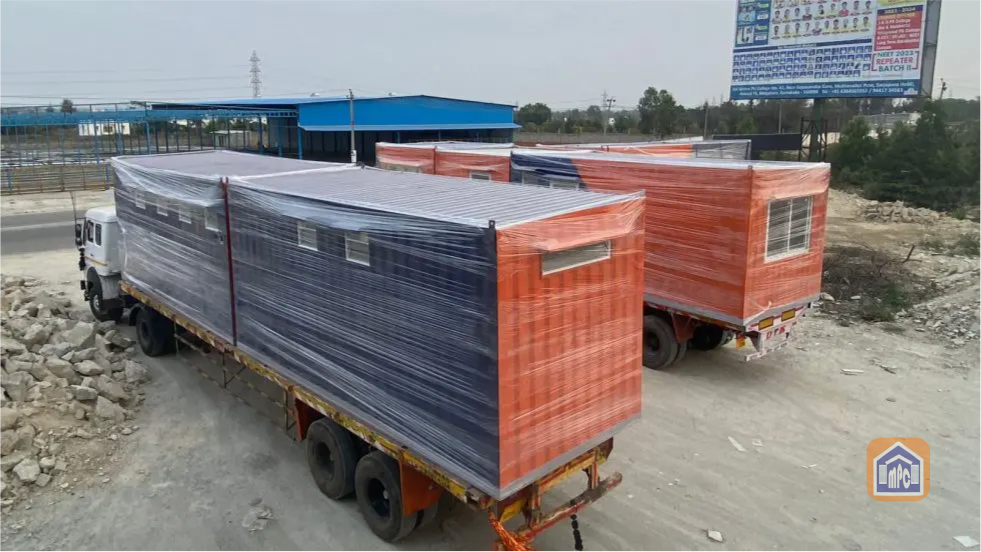Cargo Containers
- Home
- Products
Our Products
Cargo Containers
Cargo containers, also known as shipping containers or freight containers, are large, standardized metal containers used for transporting goods by ship, train, or truck. They are designed to be sturdy, stackable, and easily handled by cranes and forklifts. Here are some key features and considerations related to cargo containers:

Product Overview
Standard sizes: Cargo containers are typically available in standard sizes, with the most common being 20 feet (6.1 meters) and 40 feet (12.2 meters) in length. Standardized sizes ensure compatibility and ease of handling during transportation and stacking.
Construction and durability: Cargo containers are constructed with steel or aluminum, providing strength and durability to withstand rough handling, stacking, and various weather conditions during transportation. They are designed to be watertight and protect goods from damage.
Intermodal transportation: Cargo containers are designed to facilitate intermodal transportation, meaning they can be seamlessly transferred between different modes of transport, such as ships, trains, and trucks, without the need to unload and reload the goods. This simplifies logistics and reduces handling costs.
Secure and lockable: Cargo containers are designed with security in mind. They have sturdy doors that can be securely locked, protecting the goods during transportation and storage. Additionally, some containers have built-in locking mechanisms for added security.
Versatility and adaptability: Cargo containers can be used for more than just transportation. They can be repurposed for various applications, such as storage units, temporary shelters, on-site offices, pop-up shops, and even residential or commercial buildings. Their modular nature and robust construction make them adaptable to different needs.
Container condition and grading: Cargo containers come in different conditions, ranging from brand new (one-trip containers) to used containers of varying quality. Used containers are often categorized into different grades based on their condition, with Grade A being in the best condition and Grade C being in a more used state. The condition of the container can affect its price and suitability for specific purposes.
Customization and modification: Cargo containers can be modified and customized to suit specific requirements. This includes adding windows, doors, insulation, ventilation, electrical wiring, plumbing, and partition walls to create functional spaces for various purposes. Container modification companies specialize in transforming containers into specialized structures.
Regulations and permits: Depending on the intended use and local regulations, there may be certain permits and regulations to comply with when using cargo containers. These may include building permits, zoning regulations, and compliance with safety and structural codes. It’s important to research and adhere to the specific requirements of the jurisdiction where the container is being used.
Cargo containers have revolutionized the shipping and logistics industry by providing a standardized, secure, and efficient means of transporting goods globally. Beyond their transportation role, they offer versatility and potential for innovative applications in various industries.
Latest Technology
Quality Material
Expert Team
Affordable Price
Get in Touch
Get help by calling us now!!
Phone Number
+91 9121164651
Email Address
info@mpcabins.com
